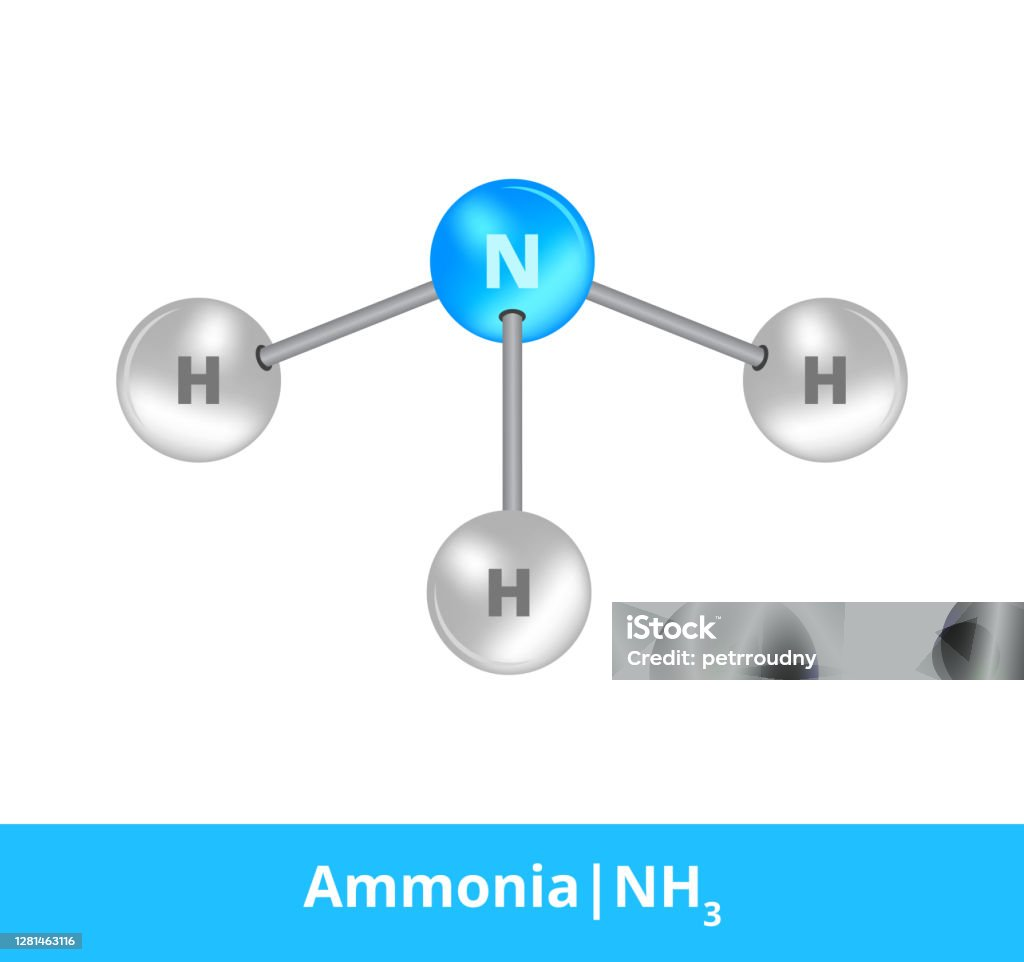What they never told you about Persistent Organic Pollutants (POPs)—and why it matters now
Imagine this. There is a child playing by a quiet riverbank. An echo of his laugh is passing through the trees. The water is calmly flowing. The blue color of the sky is reflecting in the clean and opaque water. But beyond its calm surface, there is something much less innocent. An invincible menace that has been passed down through centuries, across oceans, moves slowly into soil, air, and even into that child’s body. These are not ghosts from legends or stories. Now do you understand? We are talking about persistent organic pollutants , or POPs —a quiet impact of industrial manufacturing. What are persistent organic pollutants (POPs)? POPs are a group of toxic chemical substances. They are environmentally stable pollutants. Rainwater doesn’t wash it off. They do not break down by atmospheric heat. That’s the reason, why are these chemicals called persistent? Once they are released into the environment, they can travel through air and water across continents and oceans. They also te...
